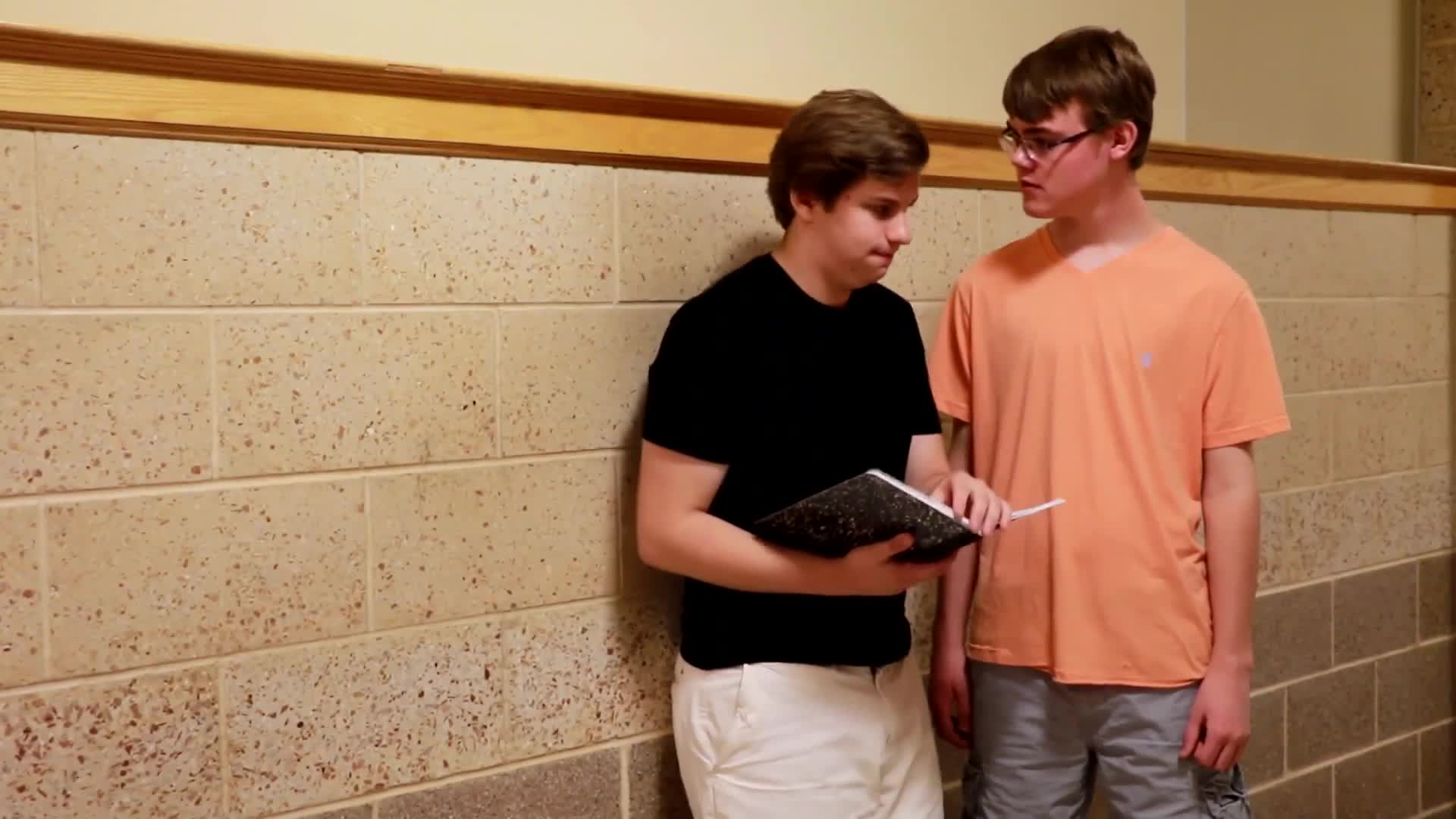Incorporating principles of Social-Emotional Learning (SEL) into special education classrooms can help students navigate social situations with greater ease and confidence. One essential skill to teach is maintaining appropriate personal space and proximity during conversations. This blog post will offer insights on how to address this skill with students, including a no-prep activity, discussion questions, and related skills to explore.
Introduction
Personal space and proximity are crucial aspects of communication that can impact the comfort and success of social interactions. The ability to maintain an appropriate distance during conversations is a valuable SEL skill for students in special education settings. By teaching students to be aware of their proximity to others and to respect personal boundaries, educators can foster healthy communication habits and enhance students’ social experiences.
No-Prep Activity: The Arm’s Length Rule
This simple activity helps students practice maintaining an appropriate distance during conversations. It requires no preparation or materials from the educator.
- Ask students to pair up.
- Have each pair stand facing each other.
- Explain the Arm’s Length Rule: when talking to someone, an appropriate distance is about an arm’s length away. Demonstrate this by extending your arm and placing your hand on your partner’s shoulder.
- Have students practice the Arm’s Length Rule by extending their arms and gently placing their hands on their partner’s shoulder. Encourage them to maintain this distance while having a brief conversation.
- As students converse, walk around the room and provide feedback on their personal space and proximity, helping them adjust as needed.
Discussion Questions
- How did it feel to maintain an arm’s length distance during your conversation? Did it feel comfortable or uncomfortable?
- Why is it important to respect other people’s personal space during conversations?
- Can you think of a situation where you might need to adjust your personal space, such as in a crowded room or when talking to someone with a disability?
- How can being aware of your personal space and proximity help you in social situations?
- What strategies can you use to remember the Arm’s Length Rule when talking to others?
Related Skills
Beyond personal space and proximity, there are other SEL skills that can contribute to successful communication and social experiences for students in special education settings. Some related skills include:
- Active listening: paying full attention to the speaker, making eye contact, and showing interest in the conversation.
- Effective communication: expressing thoughts and feelings clearly, using appropriate tone and body language, and asking for clarification when needed.
- Empathy: understanding and sharing the feelings of others, which can help students be more mindful of personal space and boundaries.
- Conflict resolution: addressing disagreements and misunderstandings in a respectful and constructive manner.
Next Steps
Teaching personal space and proximity is just one aspect of incorporating SEL principles into special education. To further explore this skill and others, consider signing up for free sample materials at Everyday Speech. These resources can help you support your students’ social-emotional development and foster a positive learning environment for all.











